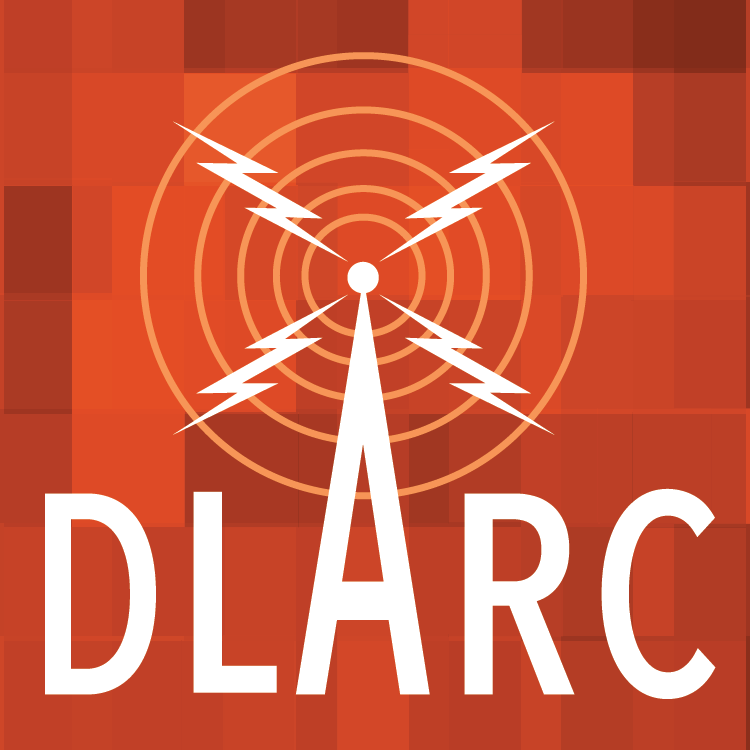 Many thanks to a number of SWLing Post readers who share the following announcement and request from the amazing Internet Archive:
Many thanks to a number of SWLing Post readers who share the following announcement and request from the amazing Internet Archive:
Internet Archive Seeks Donations of Materials to Build a Digital Library of Amateur Radio and Communications
Internet Archive has begun gathering content for the Digital Library of Amateur Radio and Communications (DLARC), which will be a massive online library of materials and collections related to amateur radio and early digital communications. The DLARC is funded by a significant grant from the Amateur Radio Digital Communications (ARDC), a private foundation, to create a digital library that documents, preserves, and provides open access to the history of this community.
The library will be a free online resource that combines archived digitized print materials, born-digital content, websites, oral histories, personal collections, and other related records and publications. The goals of the DLARC are to document the history of amateur radio and to provide freely available educational resources for researchers, students, and the general public. This innovative project includes:
-
- A program to digitize print materials, such as newsletters, journals, books, pamphlets, physical ephemera, and other records from both institutions, groups, and individuals.
- A digital archiving program to archive, curate, and provide access to “born-digital” materials, such as digital photos, websites, videos, and podcasts.
- A personal archiving campaign to ensure the preservation and future access of both print and digital archives of notable individuals and stakeholders in the amateur radio community.
- Conducting oral history interviews with key members of the community.
- Preservation of all physical and print collections donated to the Internet Archive.
The DLARC project is looking for partners and contributors with troves of ham radio, amateur radio, and early digital communications related books, magazines, documents, catalogs, manuals, videos, software, personal archives, and other historical records collections, no matter how big or small. In addition to physical material to digitize, we are looking for podcasts, newsletters, video channels, and other digital content that can enrich the DLARC collections. Internet Archive will work directly with groups, publishers, clubs, individuals, and others to ensure the archiving and perpetual access of contributed collections, their physical preservation, their digitization, and their online availability and promotion for use in research, education, and historical documentation. All collections in this digital library will be universally accessible to any user and there will be a customized access and discovery portal with special features for research and educational uses.
We are extremely grateful to ARDC for funding this project and are very excited to work with this community to explore a multi-format digital library that documents and ensures access to the history of a specific, noteworthy community. Anyone with material to contribute to the DLARC library, questions about the project, or interest in similar digital library building projects for other professional communities, please contact:
Kay Savetz, K6KJN
Program Manager, Special Collections
[email protected]
Twitter: @KaySavetz

All of the Internet Archive’s books are printed books that it received through purchase and download, which everyone agrees is legal. Through Digital Rights Management, lending the book to one user at a time for a period of 14 days, it assures the book’s copyright is protected.
The Internet Archive’s digital files are protected under first sale doctrine and under fair use. Because the Internet Archive owns the physical book it is making its digital file out of, it is allowed to do whatever it wants with that physical book, as long as it ensures a one-to-one “owned-to-loan” ratio. That’s the first sale doctrine part of the argument: As long as the Internet Archive only ever lends out one digital file at a time for every copy of a printed book it owns, it’s in the clear. And furthermore, because the Internet Archive is doing the whole thing to advance the cause of knowledge throughout the world, its actions fall under fair use. The theory is called Controlled Digital Lending (CDL).
For books, magazines, manuals and other copyrighted works, how is copying them and making the copies available to everyone not piracy?
Dennis Howard, AD8DV
I seem to remember a controversy around the Passport to World Band Radio being digitised a few years ago, and I expect there’s a range of copyright owners inside magazines and journals who might have to be consulted.
I wonder where material created by government funded organisations lies?
All of the Internet Archive’s books are printed books that it received through purchase and download, which everyone agrees is legal. Through Digital Rights Management, lending the book to one user at a time for a period of 14 days, it assures the book’s copyright is protected.
The Internet Archive’s digital files are protected under first sale doctrine and under fair use. Because the Internet Archive owns the physical book it is making its digital file out of, it is allowed to do whatever it wants with that physical book, as long as it ensures a one-to-one “owned-to-loan” ratio. That’s the first sale doctrine part of the argument: As long as the Internet Archive only ever lends out one digital file at a time for every copy of a printed book it owns, it’s in the clear. And furthermore, because the Internet Archive is doing the whole thing to advance the cause of knowledge throughout the world, its actions fall under fair use. The theory is called Controlled Digital Lending (CDL).